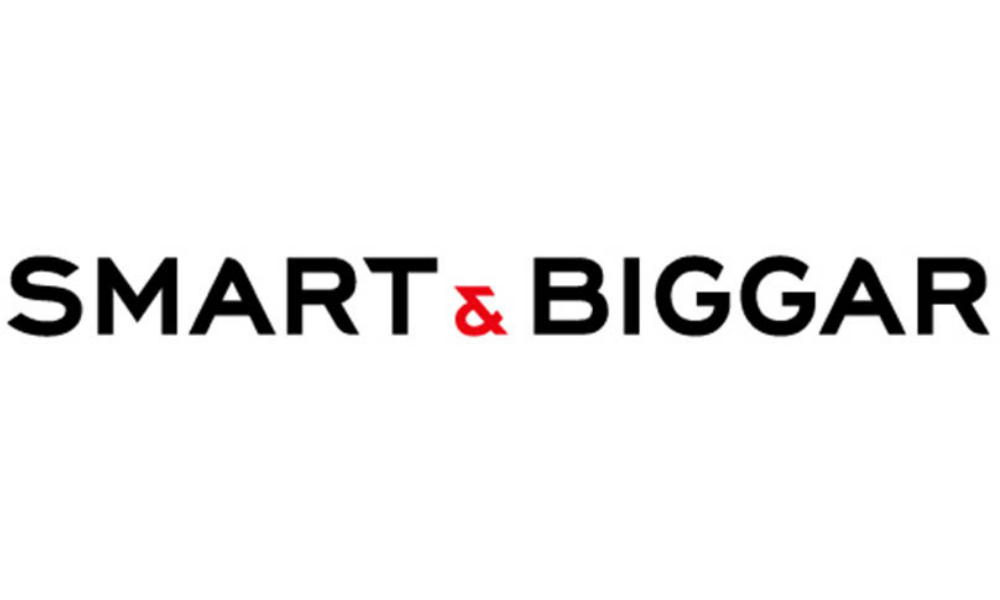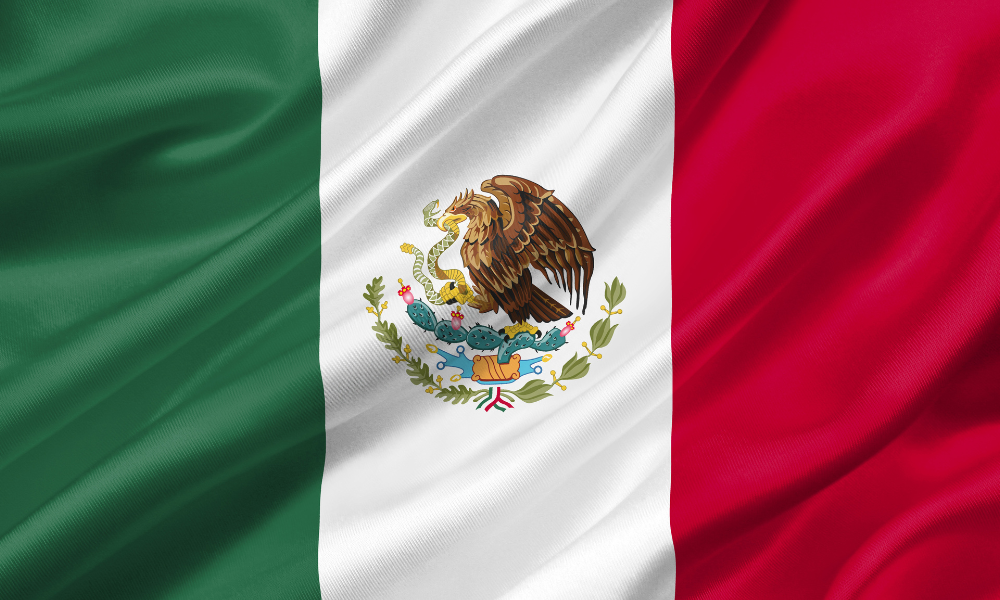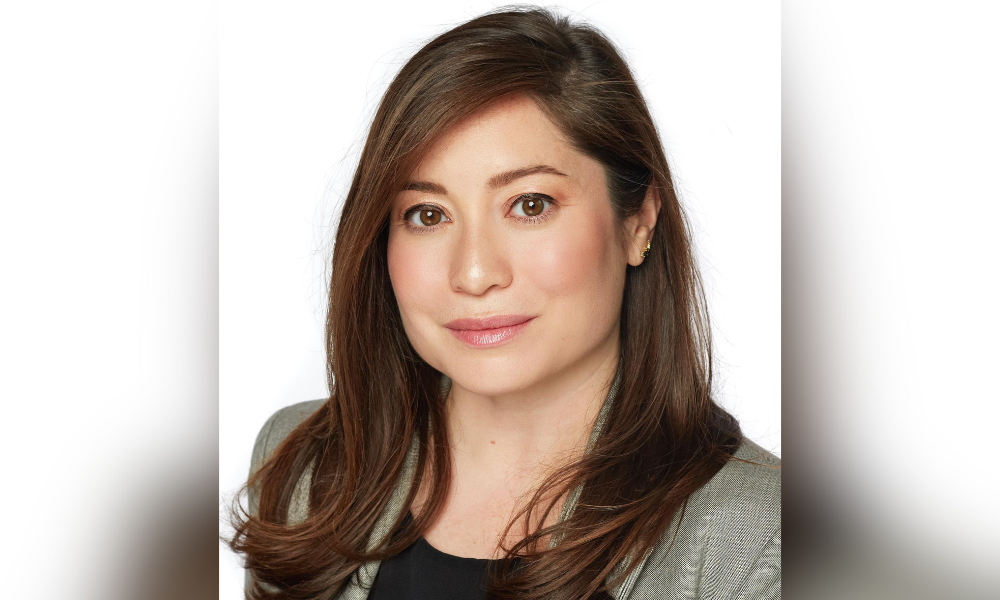Following the Regulation to amend mainly the Regulation respecting the language of commerce and business in June 2024, the Office québécois de la langue française (OQLF) has published on its website a guide on the new rules for trademarks appearing on products. In a follow up to their first article outlining the amendments, Smart & Biggar lawyers Stéphanie Girard and Francesca Roy more recently delved into clarification of the guide, which is currently only available in French.
The duo sat down with Lexpert to discuss the guidelines, including the challenges companies are facing, how the experts at Smart & Biggar are advising clients given that the changes remain untested before the courts, and why their upcoming webinar, Impact of Bill 96 on product trademarks, is a must-attend.
Q: What are the primary challenges companies face in adhering to the new OQLF trademark guidelines?
A: The primary challenge is that despite the guidelines published by the OQLF, the new rules governing the language of trademarks on products in Québec are still unclear, including with respect to how secondary, tertiary marks, and brand names of technologies, components, ingredients, etc. are impacted. Businesses do not have the luxury of time: to be compliant by June 1, 2025, they must revise their marketing strategy in Québec now and, when necessary, modify their product labels or packaging well in advance, even in the face of unclear provisions.
Q: What enforcement actions might the OQLF take against companies that do not comply?
A: The OQLF can issue orders, seek injunctions, and refer the matter to the Court of Québec for penal proceedings against non-compliant businesses.
Q: How do you see these guidelines evolving? Will they address the shortcomings?
A: Based on recent discussions with the OQLF, we do not expect the guidelines to evolve until the law and the regulation are interpreted by the courts.
Q: As it stands, what advice are you giving clients on how best to ensure compliance?
A: There is no universal approach that applies to every business; each case needs to be assessed individually based on its specific circumstances. A good starting point is an audit of the trademark portfolio to identify any marks that may require translation under section 51.1 of the French Charter taking into consideration how the marks are used. The same applies to common law marks, assuming they are registrable.
Q: What legal recourse or assistance can companies seek if they face issues under these guidelines?
A: In terms of legal recourse, businesses faced with a complaint that they believe is unjustified can wait to receive an order of the OQLF and appeal it before the Tribunal administratif du Québec (TAQ). An adverse decision from the TAQ may be the subject of judicial review before the Superior Court of Québec, the decision of which can be appealed before the Court of Appeal of Québec. Seeking leave to appeal before the Supreme Court of Canada is also available. Of course, this means spending significant money on legal fees and being involved in legal proceedings over several years.
In terms of assistance, businesses should seek advice from local counsel familiar with the French Charter and the complaint and investigation process.
Q: Can you tell our readers about your Nov. 26 webinar, Impact of Bill 96 on product trademarks? Why should they attend?
A: Legal professionals and businesses, will benefit from the insights we’ll be sharing. From a comprehensive understanding of the regulation and new guidelines — with a focus on the rules and exceptions for products in Quebec — to clarifications and shortcomings, it paints a full picture of the changing landscape. We will also discuss practical resources to help ensure compliance with the new framework. Register today and join us for the timely discussion.
***
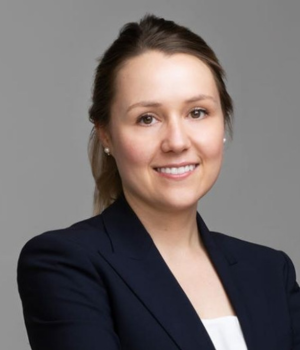 With close to a decade of experience as a lawyer and trademark agent, Stéphanie Girard provides her clients with legal counsel and advice to help them protect and manage Intellectual Property in the context of their overall business strategy and goals. Her experience as in-house counsel enables Stéphanie to better understand client needs and offer a practical approach and strategic solutions that expertly balance legal and business interests related to IP.
With close to a decade of experience as a lawyer and trademark agent, Stéphanie Girard provides her clients with legal counsel and advice to help them protect and manage Intellectual Property in the context of their overall business strategy and goals. Her experience as in-house counsel enables Stéphanie to better understand client needs and offer a practical approach and strategic solutions that expertly balance legal and business interests related to IP.
***
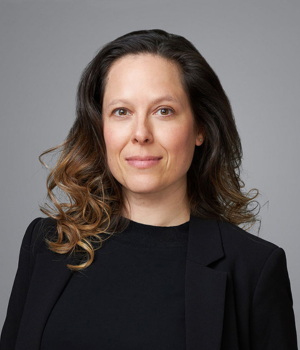 Francesca Roy provides strategic counselling and IP services to clients in a variety of industries throughout the trademark life cycle, including clearance, prosecution, opposition and enforcement.
Francesca Roy provides strategic counselling and IP services to clients in a variety of industries throughout the trademark life cycle, including clearance, prosecution, opposition and enforcement.
In addition to her trademarks practice, Francesca is also frequently involved in the protection and enforcement of protected geographical indications (GIs) in Canada for European clients.


